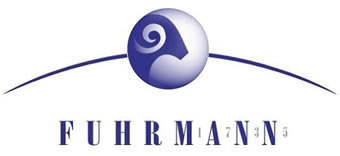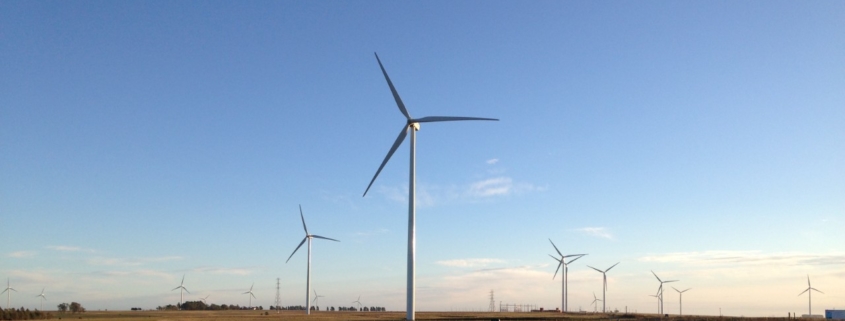Life Cycle Assessment of the Fuhrmann wool operation
Understanding our impacts
At Fuhrmann, our goal is to fully understand and improve our environmental performance. This is why we initiated a life cycle assessment (LCA) to better understand the impacts of our farms and mill operations. In 2018, we hired Stephen Wiedemann and his team from Integrity Ag & Environment to develop one of the first LCA for a vertically integrated wool operation in the world. In this blog post, we wish to share a few of the results with you.
The nature of LCAs
Life cycle assessment (LCA) is a scientifically validated technique to measure the environmental impacts of a product, process or service along its supply chain. The Fuhrmann LCA included the supply chain starting on the 12 Fuhrmann managed farms up to the wool top leaving our mill in Trelew. The analysis took into account greenhouse gas emissions, fossil energy use, water stress, freshwater consumption, and land occupation.
When conducting LCAs for wool production systems, it is very common to have the largest proportions of impacts on farm. This is due to sheep eating and digesting grass and emitting carbon and methane gases as part of the natural carbon cycle. Therefore also in the Fuhrmann operation, the impacts for GHG emissions and water were dominating the on-farm stage compared to the milling stage.
Low water use, water stress and fossil fuel use
However, comparing data to other international wool LCAs showed that water use, water stress and fossil fuel use in the Fuhrmann wool supply chain were low. This is due to the fact that Patagonia is a low water stress region compared to global averages. Other reasons include that our farms use watering systems with low evaporation losses and we also rely on natural energy sources such as solar, wood and wind power.
Another interesting learning was that Argentina has a relatively low GHG impact from electricity as the country has invested in renewable energy. This means that the impact of our mill on total GHG emissions is considerably lower than comparison mills.
Room for improvement
Of course, the analysis also indicated areas for improvement and the results help us now to define goals and implement projects that will reduce our impacts even further.
One immediate action we have taken is to offset our carbon emissions through a carbon neutral project in Uruguay with our broker, Numerco. You can read all about it here. In this way, we can take immediate responsibility for our impacts and offer our clients carbon neutral wool.
We have also initiated different steps that will help us better use the outputs of our mills, improve our sheep numbers and create our own carbon sequestration projects.
The end of one LCA is the beginning of another
We have committed ourselves to do a periodical update of the results to track our performance and demonstrate improvements. Watch this space as we will keep you updated on our journey.
This post is also available in: Spanish

 Numerco
Numerco Fuhrmann Argentina
Fuhrmann Argentina Fuhrmann Argentina
Fuhrmann Argentina
